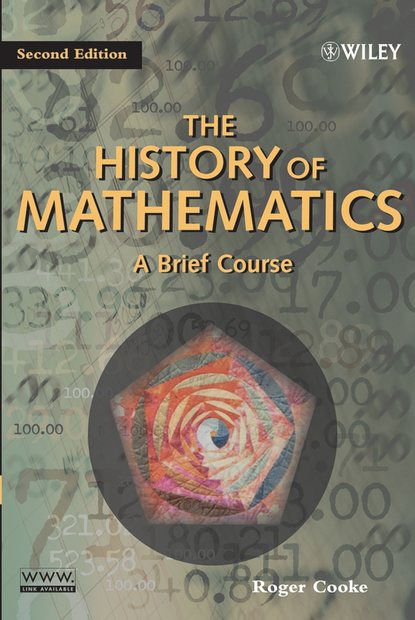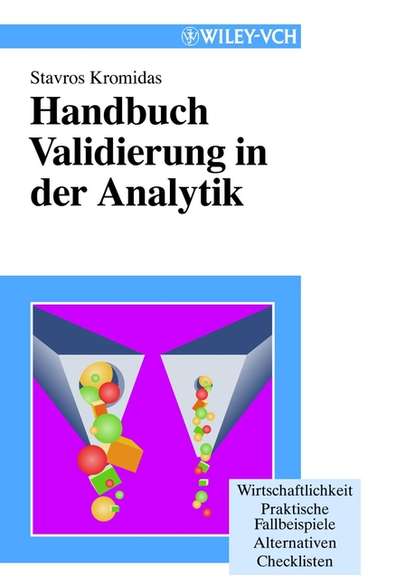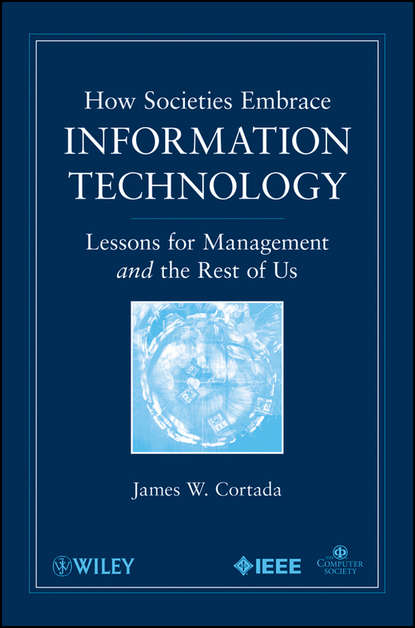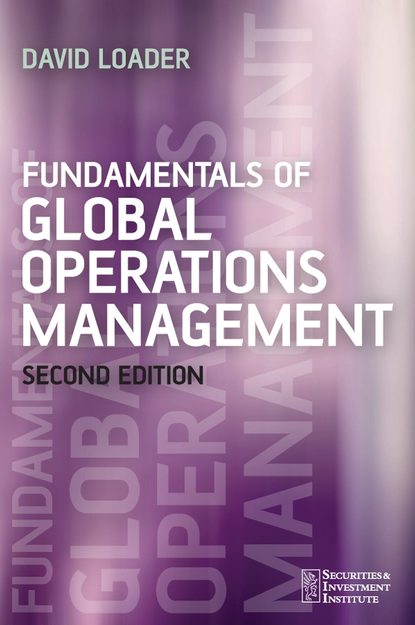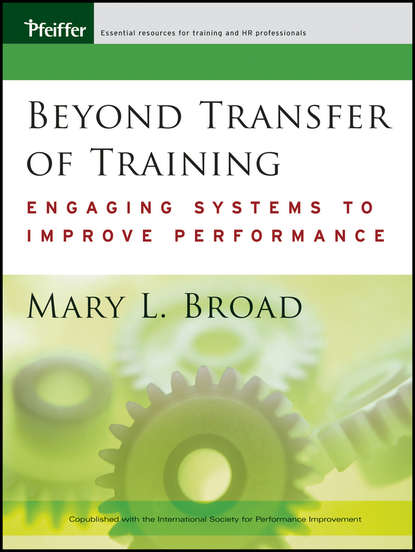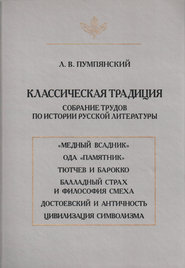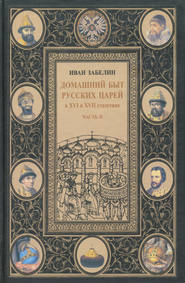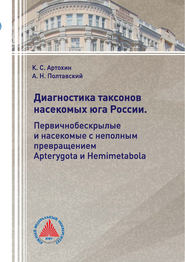The History of Mathematics
Полная версия
This new edition brings the fascinating and intriguing history of mathematics to life The Second Edition of this internationally acclaimed text has been thoroughly revised, updated, and reorganized to give readers a fresh perspective on the evolution of mathematics. Written by one of the world's leading experts on the history of mathematics, the book details the key historical developments in the field, providing an understanding and appreciation of how mathematics influences today's science, art, music, literature, and society. In the first edition, each chapter was devoted to a single culture. This Second Edition is organized by subject matter: a general survey of mathematics in many cultures, arithmetic, geometry, algebra, analysis, and mathematical inference. This new organization enables students to focus on one complete topic and, at the same time, compare how different cultures approached each topic. Many new photographs and diagrams have been added to this edition to enhance the presentation. The text is divided into seven parts: The World of Mathematics and the Mathematics of the World, including the origin and prehistory of mathematics, cultural surveys, and women mathematicians Numbers, including counting, calculation, ancient number theory, and numbers and number theory in modern mathematics Color Plates, illustrating the impact of mathematics on civilizations from Egypt to Japan to Mexico to modern Europe Space, including measurement, Euclidean geometry, post-Euclidean geometry, and modern geometrics Algebra, including problems leading to algebra, equations and methods, and modern algebra Analysis, including the calculus, real, and complex analysis Mathematical Inference, including probability and statistics, and logic and set theory As readers progress through the text, they learn about the evolution of each topic, how different cultures devised their own solutions, and how these solutions enabled the cultures to develop and progress. In addition, readers will meet some of the greatest mathematicians of the ages, who helped lay the groundwork for today's science and technology. The book's lively approach makes it appropriate for anyone interested in learning how the field of mathematics came to be what it is today. It can also serve as a textbook for undergraduate or graduate-level courses. An Instructor's Manual presenting detailed solutions to all the problems in the book is available upon request from the Wiley editorial department.
- О книге
- Читать

